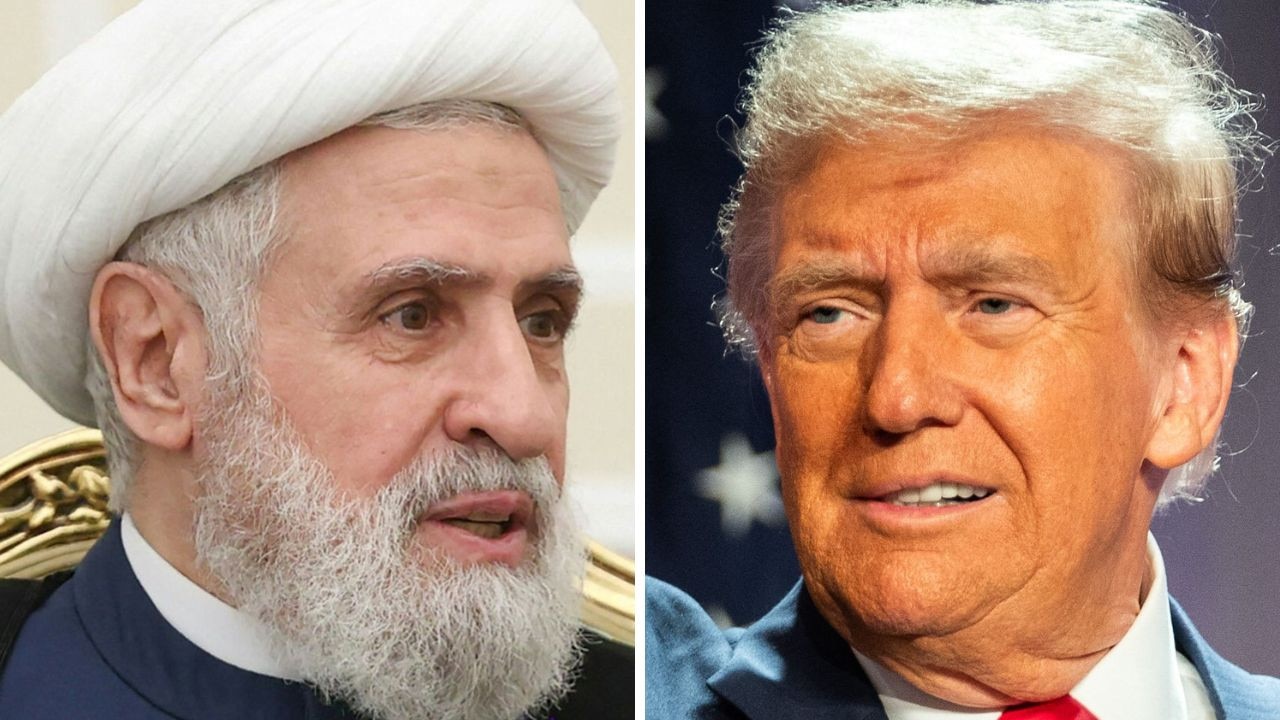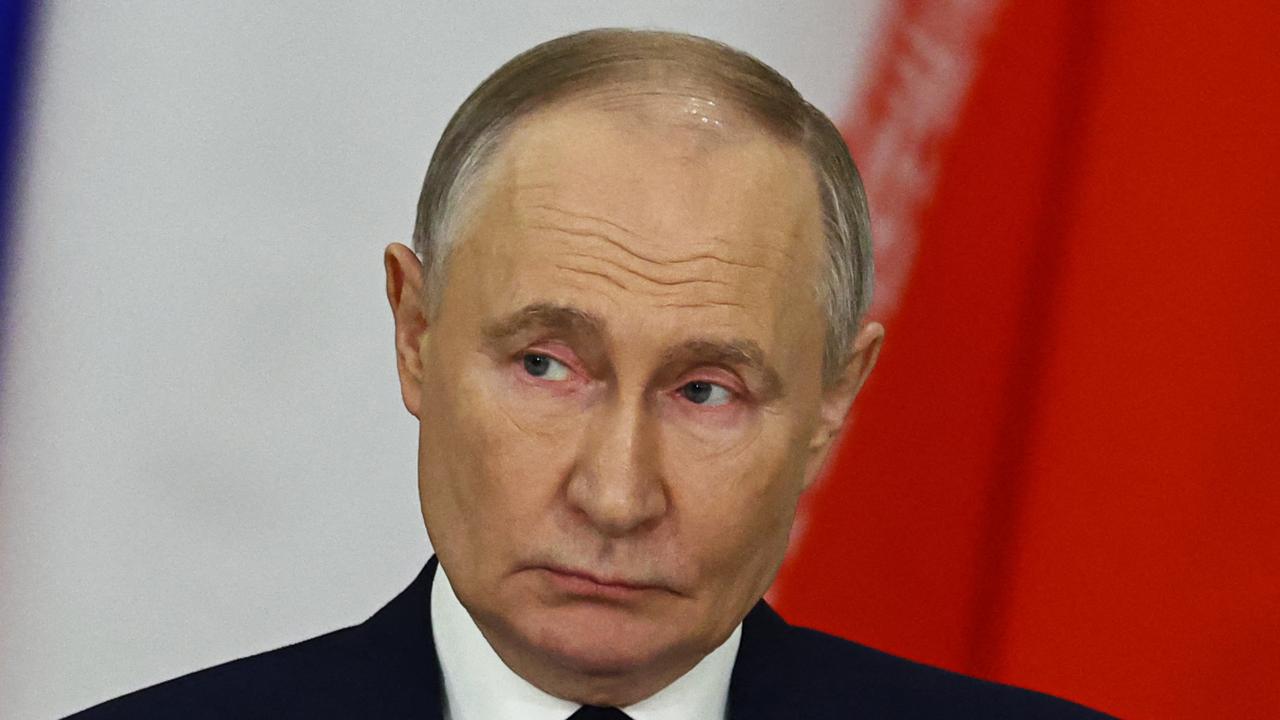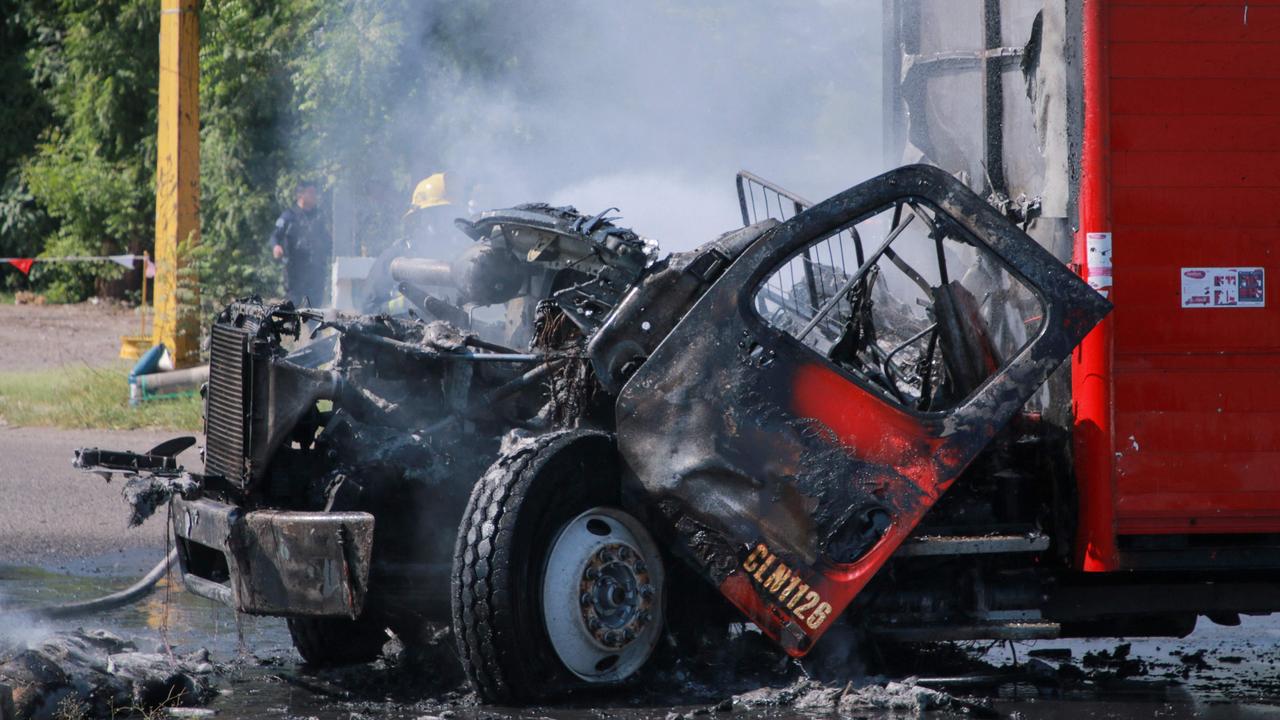‘This will not go unpunished’: ‘Grave error’ Australia will live to regret
Iran’s response to the US killing General Qassem Soleimani in an air strike has been swift. And this growing crisis puts Australia at risk.

COMMENT
The ongoing bushfire disaster has overshadowed an event that has the potential to be even more disastrous for Australia.
The assassination of Iranian General Qassem Soleimani by a US missile strike at Baghdad International Airport last week has greatly increased the danger faced by the 1500 or so Australian Defence Force (ADF) personnel and thousands of Australian civilians working in the Middle East region.
It has also triggered an outpouring of anti-US and anti-Western hatred that will reverberate around the world.
Revenge attacks began overnight with Iranian missiles raining down on two Iraqi bases that host American troops.
The first facility hit was the Ain Assad air base in Western Iraq. The base was famously captured by Australian SAS troops early during the 2003 invasion of Iraq.
Some NATO troops have started evacuating from Iraq but the US is reinforcing its 5000-strong force in the country and has vowed to remain and fight.
US President Donald Trump’s boastful threats to destroy Iran’s cultural sites in the event of any retaliation to his “act of war” have merely served to inflame the hatred and have opened the door to some terrifying scenarios.
As the first waves of Iranian missiles targeted US forces the world nervously waits for Trump’s response.
Soleimani was the commander of Iran’s elite Quds Force, a Special Forces unit responsible for clandestine operations and the exporting of terrorism to places as diverse as Bali and Yemen.
He was a revered figure in Iran and the images of the country’s revolutionary leader Ayatollah Ali Khamenei weeping over his flag-draped coffin was a stark signal that his death would not go unpunished. President Hassan Rouhani, who has been managing an increasingly divided community, spoke for a united Iran when he said the Americans did not understand what a “grave error” they had committed.
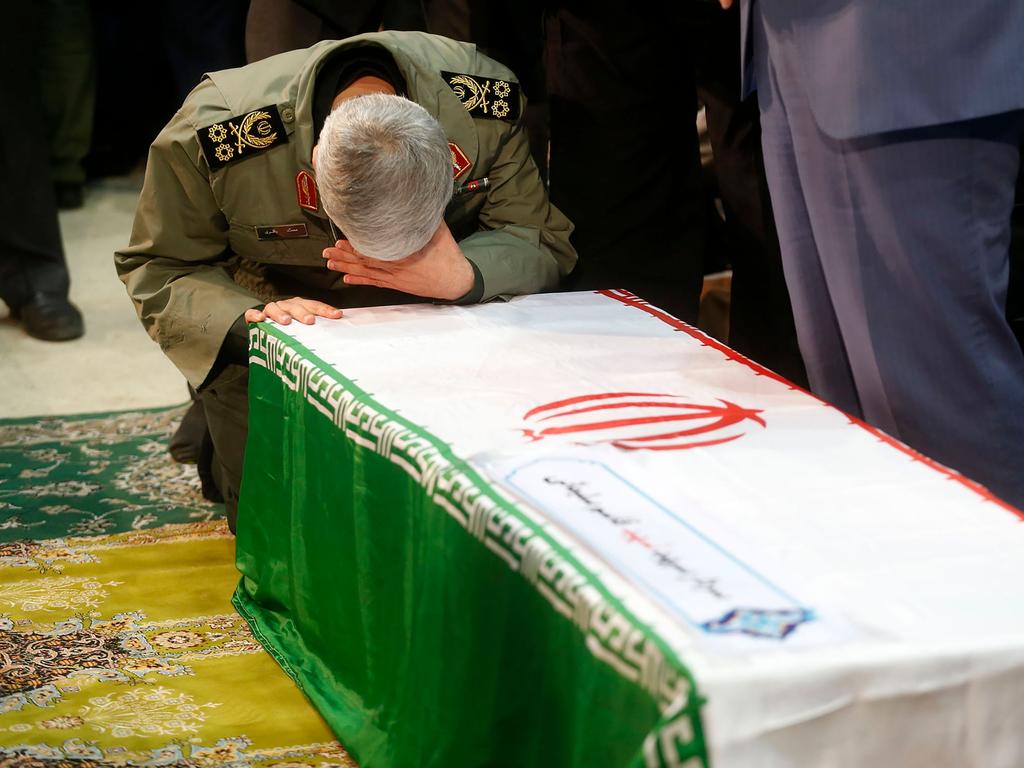
Australian forces are deployed across the Middle East Area of Operations (MEAO) from Egypt to Afghanistan.
About 450 are serving in Iraq including 300 alongside 150 New Zealand personnel at the Taji training base north of Baghdad. According to Defence, about 500 are deployed to the main logistics base near Dubai in the United Arab Emirates and 40 serve at coalition headquarters at Kabul air base in Afghanistan. Small numbers are scattered across Egypt and Israel and down to South Sudan.
Another 300 are involved in maritime operations including the crew of a navy frigate, currently HMAS Toowoomba, patrolling the tense waters either side of the Strait of Hormuz.
In the wake of the attack against General Soleimani, all of these Australians in uniform represent a much bigger target than they did a week ago.
Heavily armed fast Iranian patrol boats are likely to soon test the coalition’s resolve at sea.
Security at all Australian bases has been tightened and individuals warned against dropping their guard, especially the hundreds of soldiers engaged in training their Iraqi counterparts. The risk of so-called “green on blue” friendly fire attacks has grown dramatically.
While many Iraqis, especially Sunnis, would have regarded Soleimani as their natural enemy, to many of the country’s majority Shi’ites he was an Islamic hero.
Iraq’s parliament has already voted to expel US forces from the country, but such a move has yet to be ratified by the Prime Minister.
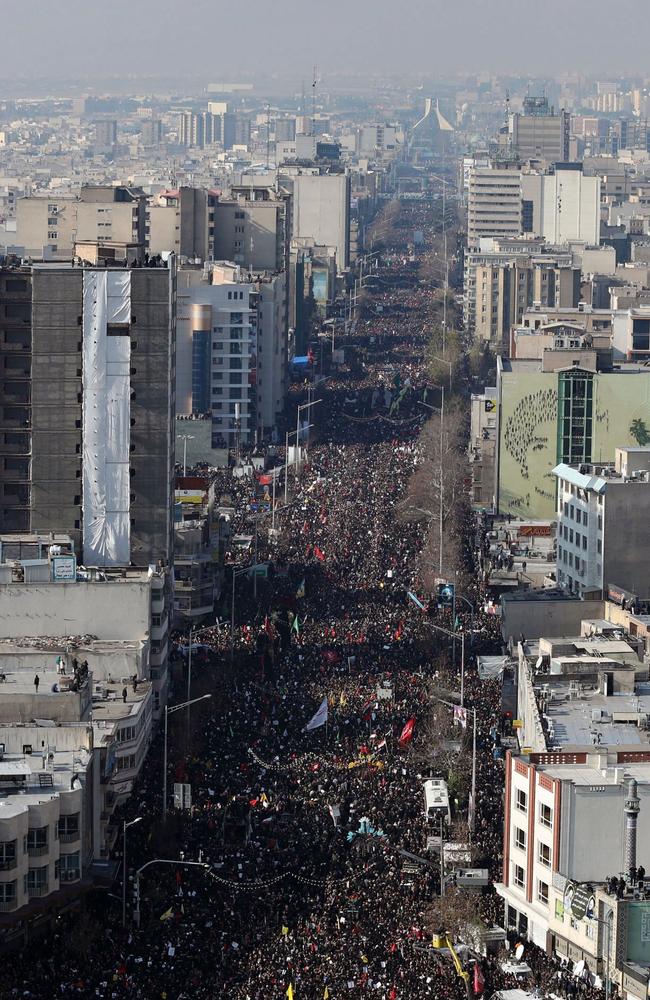
While Australian military personnel are on the frontline for any revenge attacks, few analysts believed the Iranians when they said they would not attack civilians.
Given that Tehran’s key aims are to rid the Middle East of American and other foreign forces and to eliminate the state of Israel, it would be foolish to take them at their word.
US Secretary of State Mike Pompeo told CNN that there was “less risk today to US forces in the region as a result of that attack”. That is a remarkably ignorant statement given the history of Iranian-backed attacks against US forces since Tehran’s 1979 Islamic Revolution.
Both Mr Pompeo and President Trump have referred to Soleimani as a “dead bad guy”, but this is not the script for an American Western.
Soleimani is likely to be an even more lethal force in death than he was in life.
Killing him on Iraqi soil places the entire coalition mission in Iraq, including the training of Iraqi security forces, in jeopardy.
Since the 2003 “shock and awe” campaign, tens of thousands of Iraqis, thousands of Americans and dozens of others as well as perhaps hundreds of thousands of Syrians have died and trillions of dollars of Western treasury (including more than $10 billion by Australian taxpayers) have been invested.
If the current tensions descend into all-out war between the US and Iran, then all that effort and sacrifice across 16 years will have been in vain.
In the event of a major conflict the challenge for the Morrison Government, already seemingly overwhelmed by the bushfire disaster, would be to resist pressure from Washington to join a “coalition of the willing” in yet another Middle Eastern misadventure.
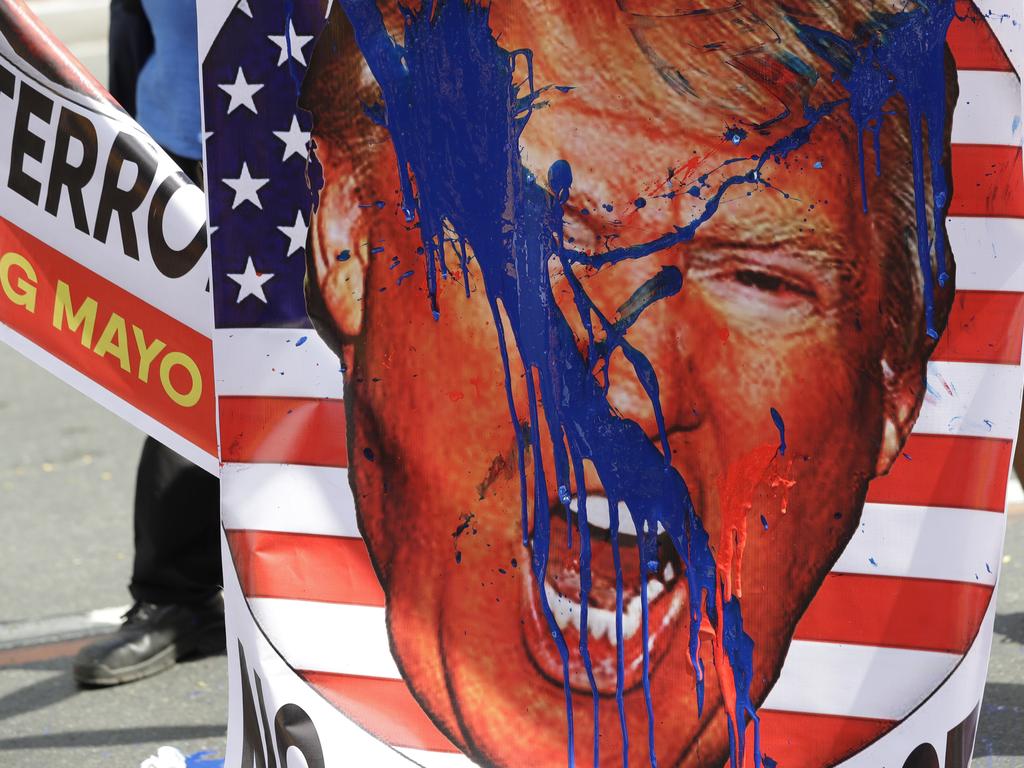
Helping to keep open the world’s most important oil supply route through the Strait of Hormuz is one thing, but supporting forces that might bomb Iranian cultural sites or civilians should be a bridge too far.
Previous Australian governments have had the benefit of working with competent American administrations during times of conflict. That is not the case today.
President Trump has proven time and again that he is not prepared to listen to frank and fearless advice if it differs from his view. His inability to listen to men of the calibre of former US Marine General Jim Mattis, who lasted barely two years as secretary of defence, proves the point.
In a time of war, it is crucial for political leaders to receive and accept the best possible strategic advice from military leaders who understand – from first-hand experience – that modern-day wars seldom have any winners.
Almost 20 years after George W. Bush declared “mission accomplished” in Iraq nothing could be further from the truth. Any repeat in Iran would have far more dire consequences for Australia and the world.
Ian McPhedran is an author and former chief defence writer for News Corp. He covered the 2003 US-led “Shock and Awe” campaign from Baghdad.

